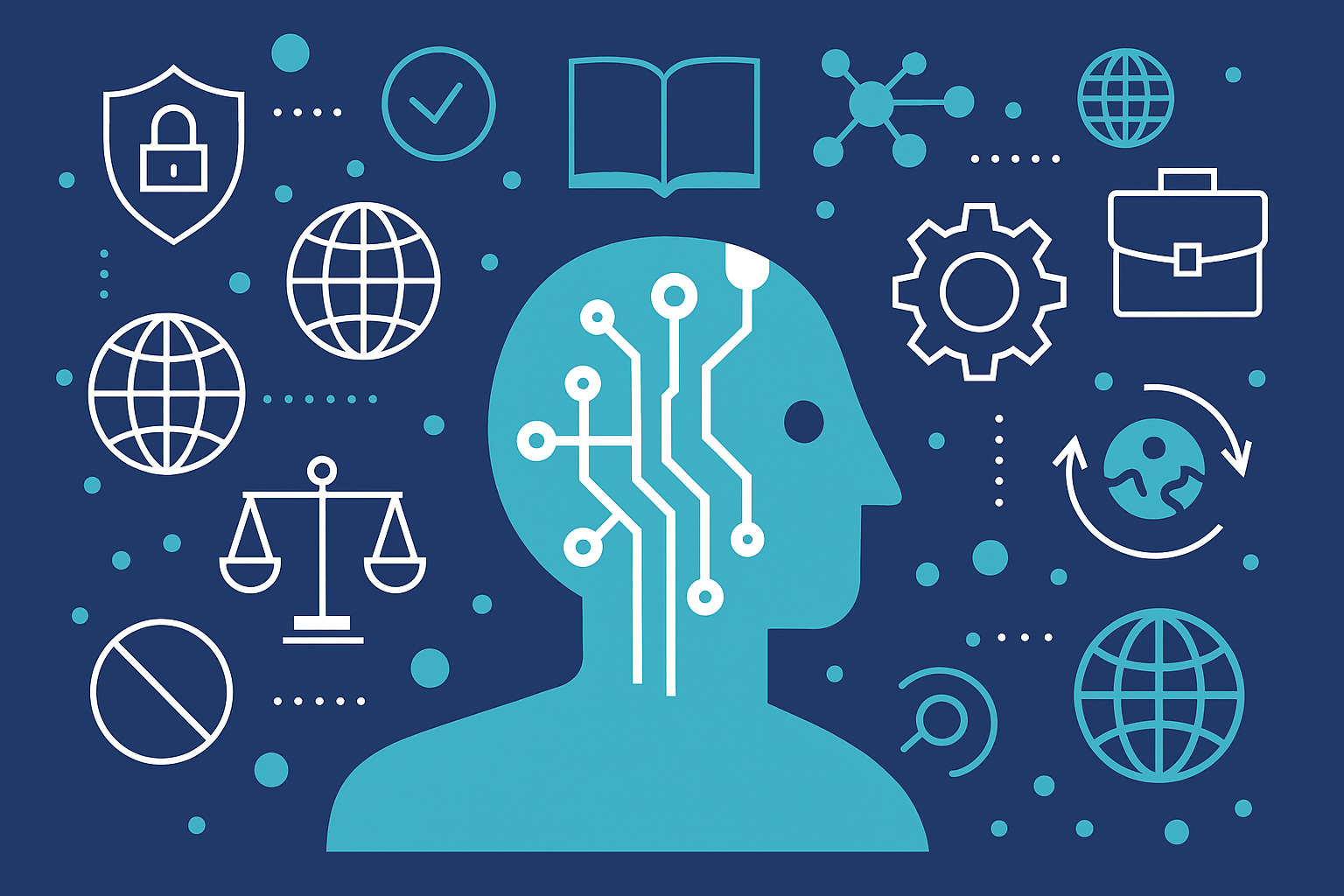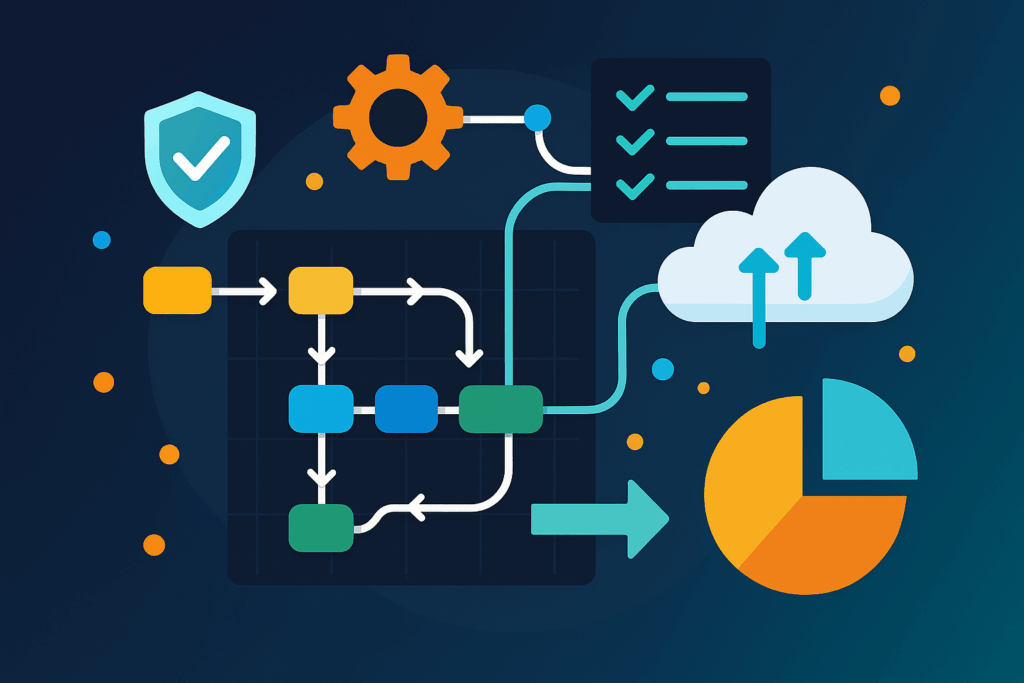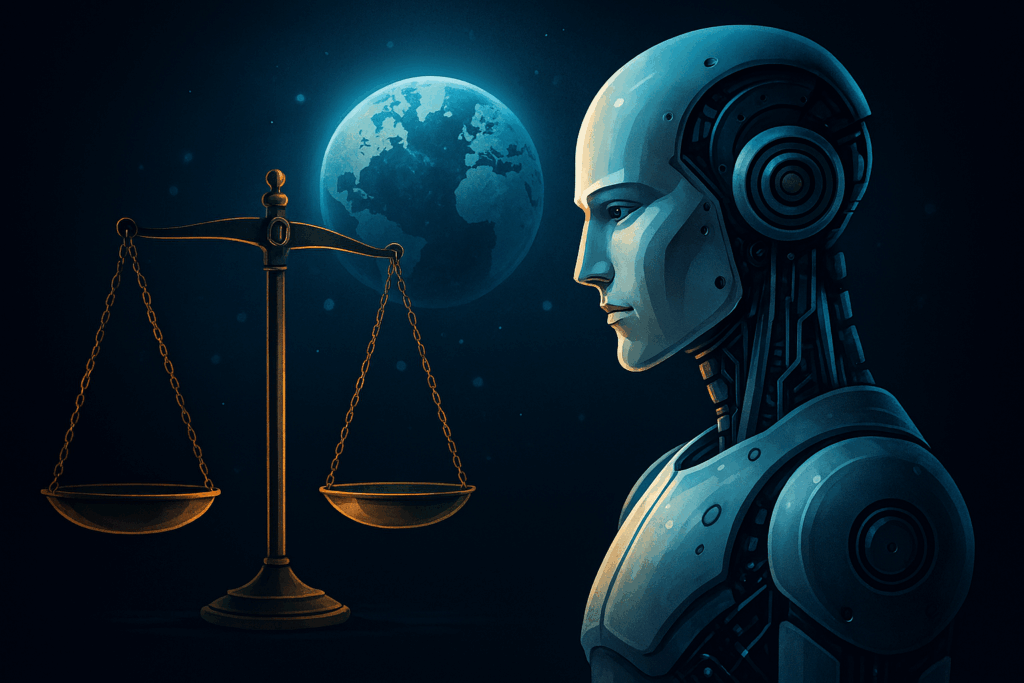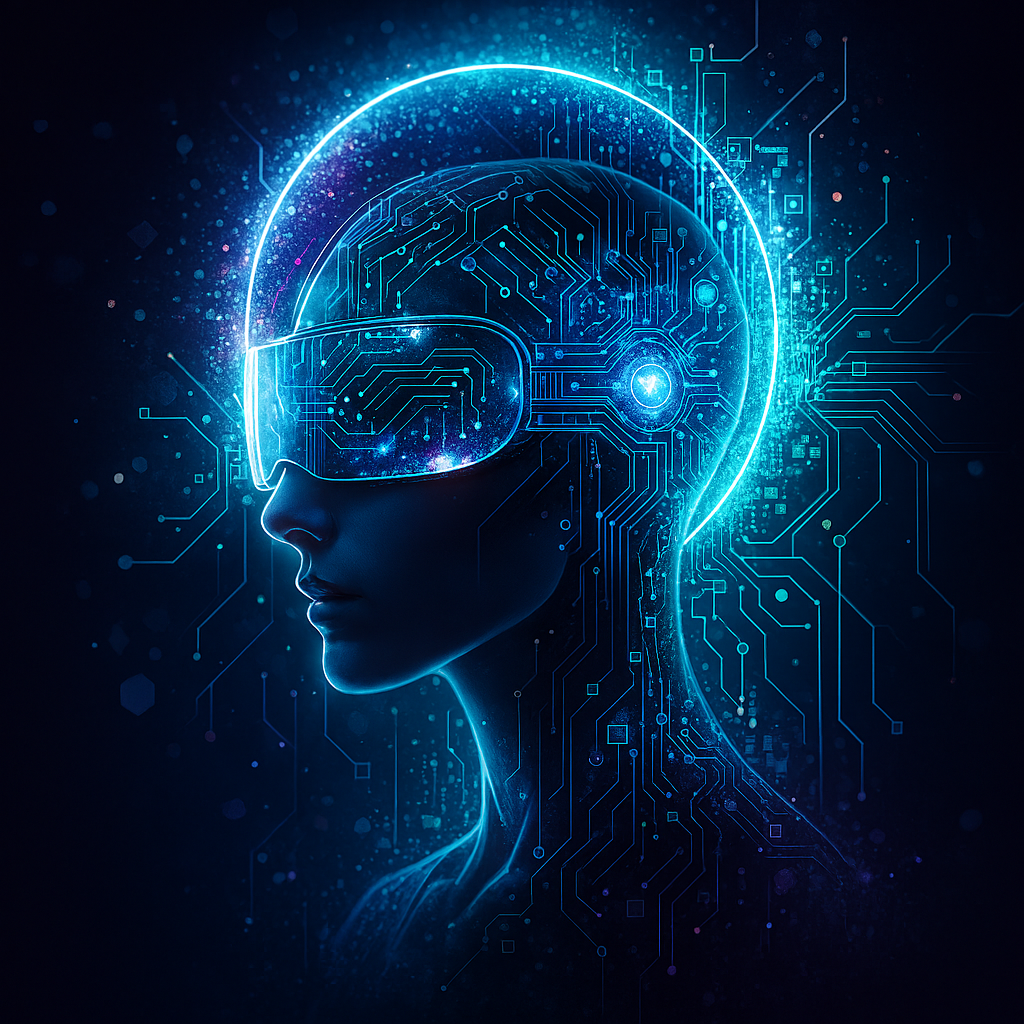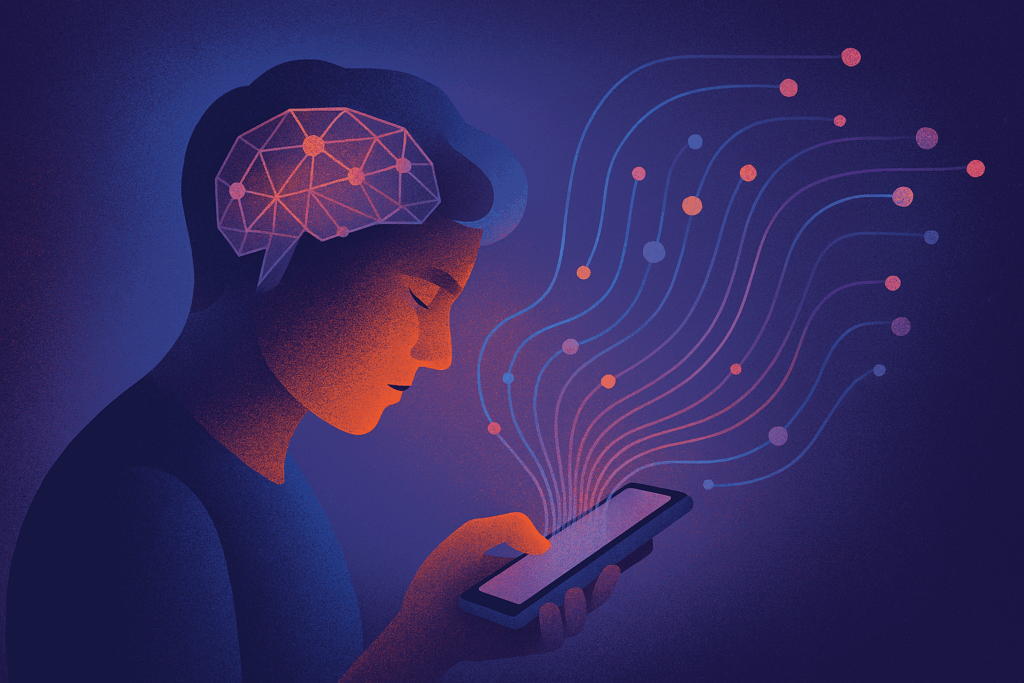
Emotional algorithms: 7 invisible mechanisms that control your digital relationships
Emotional algorithms determine what you feel, click and share - often without you even realizing it.
You write "I miss you" - and get ads for couples therapy.
You're scrolling through old chats - and suddenly her face pops up in your feed.
Is that closeness? Or is it control?
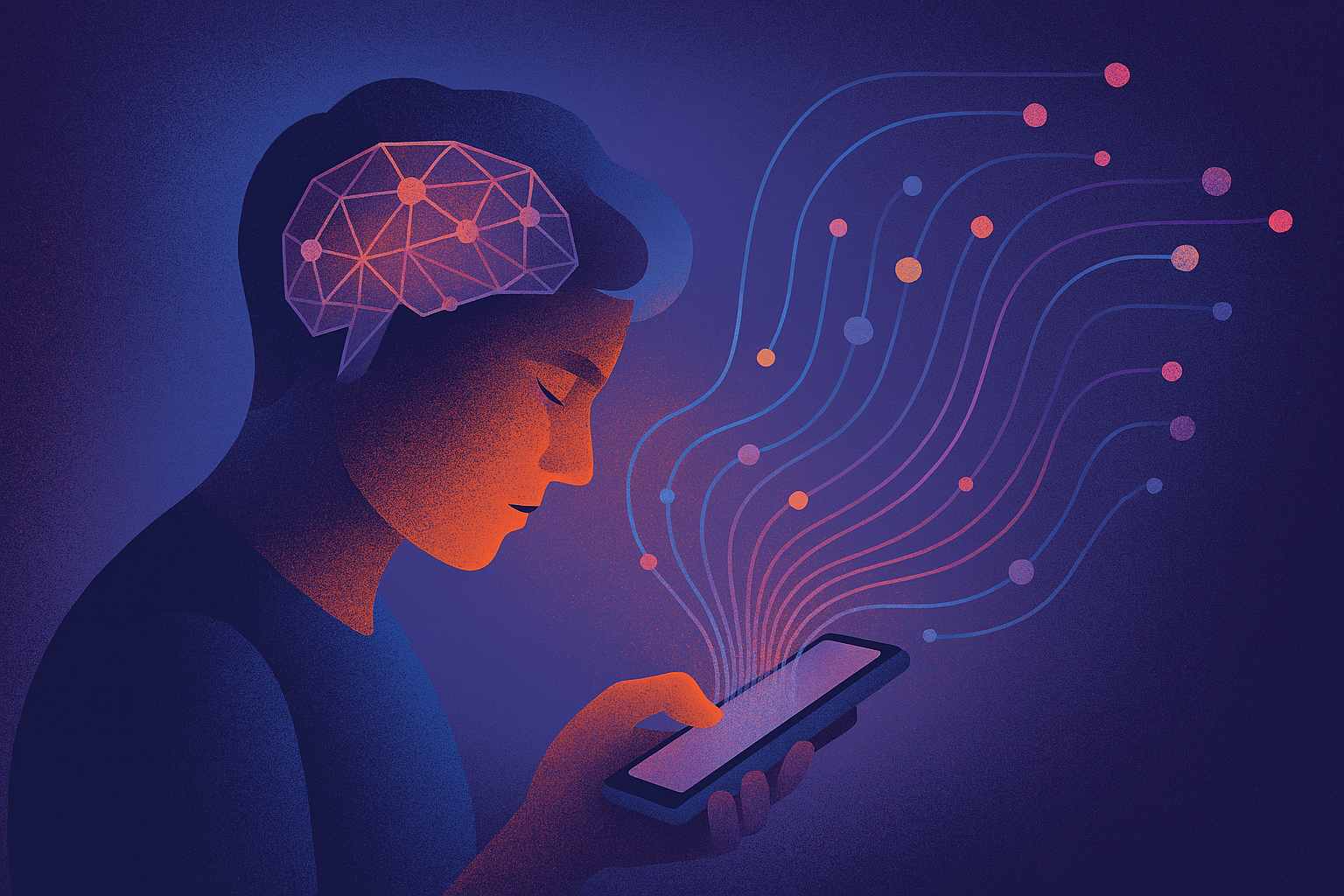
1. digital proximity and emotional algorithms
Social media promises closeness. Likes, reactions, story views - they simulate attention. But real connection is not created by algorithms. It is created through time, listening and real conversations. The platforms know this - and exploit it.
Emotional algorithms recognize patterns in your behavior and mirror content that simulates closeness - but does not create a real connection. You receive suggestions for friendships, memories of old posts and "people you might know". But this closeness is calculated - not felt.
The illusion is created because platforms reward interaction. The more you react, the more you are seen. But "being seen" is algorithmic - not human.
2. algorithmic control over your feelings
Platforms recognize when you react emotionally. When you scroll at night, use certain emojis or linger longer on a post - all of this is tracked. This creates an emotional profile. You are not just seen as a consumer, but as an emotional trigger point.
Emotional algorithms use this data to play out content that binds you - not liberates you. You get ads for therapy when you're sad. You watch fitness videos when you criticize yourself. You're not just being guided - you're being controlled.
This is not magic. It's statistics. But it feels personal - and that makes it dangerous.
More on digital self-determination
3. predictive content and emotional loops
What you see is not what you want - but what you are likely to click on. Predictive content is based on emotional algorithms that pull you into a loop. You click once on a sad video - and you get a flood of them. Your feed becomes an emotional echo chamber.
These loops are not random. They are the result of millions of data points that predict your behavior. You are not just being influenced - you are being programmed. And that changes how you think, feel and communicate.
The result: you lose control of your digital space. Your interests disappear - your reactions dominate.
4 Digital self-determination instead of algorithmic control
You can decide which apps you use and what content you actively search for. Digital self-determination means that you are not just a user - you are a decision-maker. It starts with awareness - and ends with action.
- Deactivate notifications
- Consciously curate feed
- Prefer apps with transparent algorithms
- Schedule regular digital breaks
- Recognize and reflect on emotional triggers
Digital self-determination is not a sacrifice - it is an upgrade of your digital identity. You don't become less digital - you become more conscious.
5. detox zones against emotional algorithms
Create digital spaces that are not controlled by algorithms. Detox doesn't mean doing without - it means regaining clarity. These spaces are not only calmer - they are more real.
- Signal or Threema instead of WhatsApp
- Telegram channels without feed optimization
- Offline days with a conscious decision not to use media
In detox zones, you can once again decide for yourself what you see, what you share, what you feel. You are not analyzed - you are heard.
6. digital empathy instead of automated reaction
Empathy begins with listening. Digital empathy means: less reaction, more response. Ask instead of liking. Write back instead of just scrolling. Emotional algorithms can simulate empathy - but never replace it.
Digital empathy is a skill - and a statement. It shows that you don't just click, you feel. And it changes how you are perceived. You don't become an algorithm - you become a person.
When you communicate digitally with empathy, you create a real connection - not just interaction.
7. plain language against emotional manipulation
The algorithm loves triggers - but real people love clarity. When you share your thoughts, without clickbait, real connection happens. Plain language is the strongest resistance to algorithmic control.
- "I'm overwhelmed right now - and that's okay."
- "I miss you - and I just wanted to say it."
- "I don't have a solution - but I'm listening to you."
These sentences are not viral - but they are valuable. They show that you are not performing - but are present.
Conclusion: You are more than a data set
Emotional algorithms can simulate closeness - but they can't create a real connection. You decide what you see, what you share, what you feel. Digital self-determination is your freedom.
You are not the click. You are not the view. You are the person behind it.
When you speak plainly, create detox zones and communicate empathetically, you don't just become digital - you become human.
🧠 Digital self-determination starts with clarity
If you no longer want to be controlled by algorithms, but decide for yourself what you see and share - then you will find our best tools for digital freedom here.
View our recommendationsTransparent selection, no empty promises. Some links are affiliate links - you pay nothing extra, but support our work ❤️
Call to Action:
Share this post with someone who is lost in their feed.
Speak plainly. Be digital - but stay human.
👉 You can find more exciting content at MindOnDigital.

